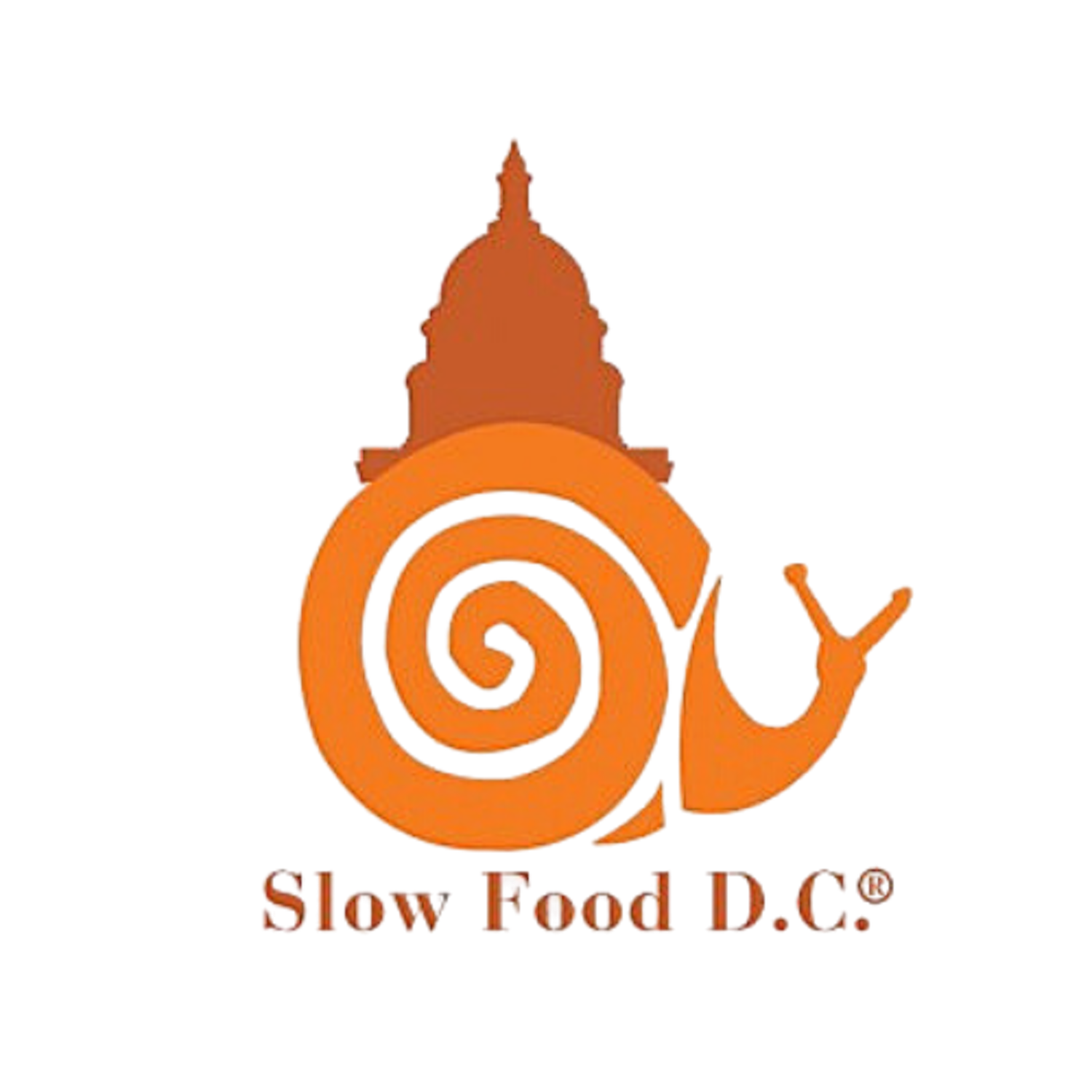Raising the Profile of Sustainable Fish and Seafood
Despite the significant roles fish and shellfish play in the mid-Atlantic food system outside of coastal communities, the seafood industry as a whole often struggles to escape the shadow of agricultural producers. In order to raise the profile of sustainable fish and seafood, as well as those who work in the industry, Slow Food DC is one of a handful of Slow Food chapters with a designated Slow Fish Liaison.
Board member Lauren Parnell channels her enthusiasm for supporting coastal communities and livelihoods into her Slow Fish Liaison role, applying a “seafood lens” to all of the chapter’s activities. She has fostered strong relationships with small-scale fishers around the region, and regularly holds discussions with consumers about how to make ethical seafood choices.
This included a hands-on workshop at the Local Seafood Summit in Portland, Oregon in early October of 2019. Hosted by the Local Catch Network, a community-of-practice made of fisherman, organizers, researchers, and consumers from across North America, the gathering celebrated the creativity and entrepreneurial spirit of small-scale and community-based seafood businesses. The dedication of these small-scale producers to providing local, healthful, low-impact, and economically sustainable seafood via community supported fisheries (CSFs) and other direct marketing arrangements is driving real change to strengthen their local and regional food systems.
Along with stronger food systems, managing new challenges, such as increasingly variable weather, is just as important. Drawing on her professional experience in emergency management, Lauren led a workshop on disaster resilience, a critical topic for fishing communities who are on the frontlines of climate change. Extreme weather events, rising ocean temperatures, and ocean acidification are adversely impacting fish and shellfish populations, posing increasing challenges for anyone making their living on the water.
Small seafood businesses, like the ones Slow Food aims to support, are particularly vulnerable. According to the Federal Emergency Management Agency (FEMA), 40% of small businesses do not re-open after a disaster and an additional 25% fail within a year. Lauren’s workshop discussed recent disaster data and trends across coastal regions of the U.S., as well as identified best practices to increase chances small fishers and seafood sellers are able to endure disaster-related business disruptions.
After the summit, Lauren and 15 other attendees joined well-known sustainable seafood advocate and owner of Forever Wild Salmon Kevin Scribner for a two-day tour of the Washington and Oregon coasts. They covered a lot of ground, visiting the new waterfront development area in Vancouver, Washington, the historic working waterfronts in Garibaldi, Oregon, and an oyster hatchery in Netart’s Bay, Oregon, bringing back fresh ideas for our own fish and seafood communities.
Lauren recently joined the Planning Committee for the next Slow Fish gathering that will take place in Durham, New Hampshire March 19-22, 2020. This event is open to fishers, eaters, chefs, community organizers, and anyone else interested in joining a values-based community and learning more about sustainable seafood. We hope some of you will join us there!
In the meantime, you can get more involved in the Slow Fish virtual community by following the Slow Fish North America page on Facebook.



